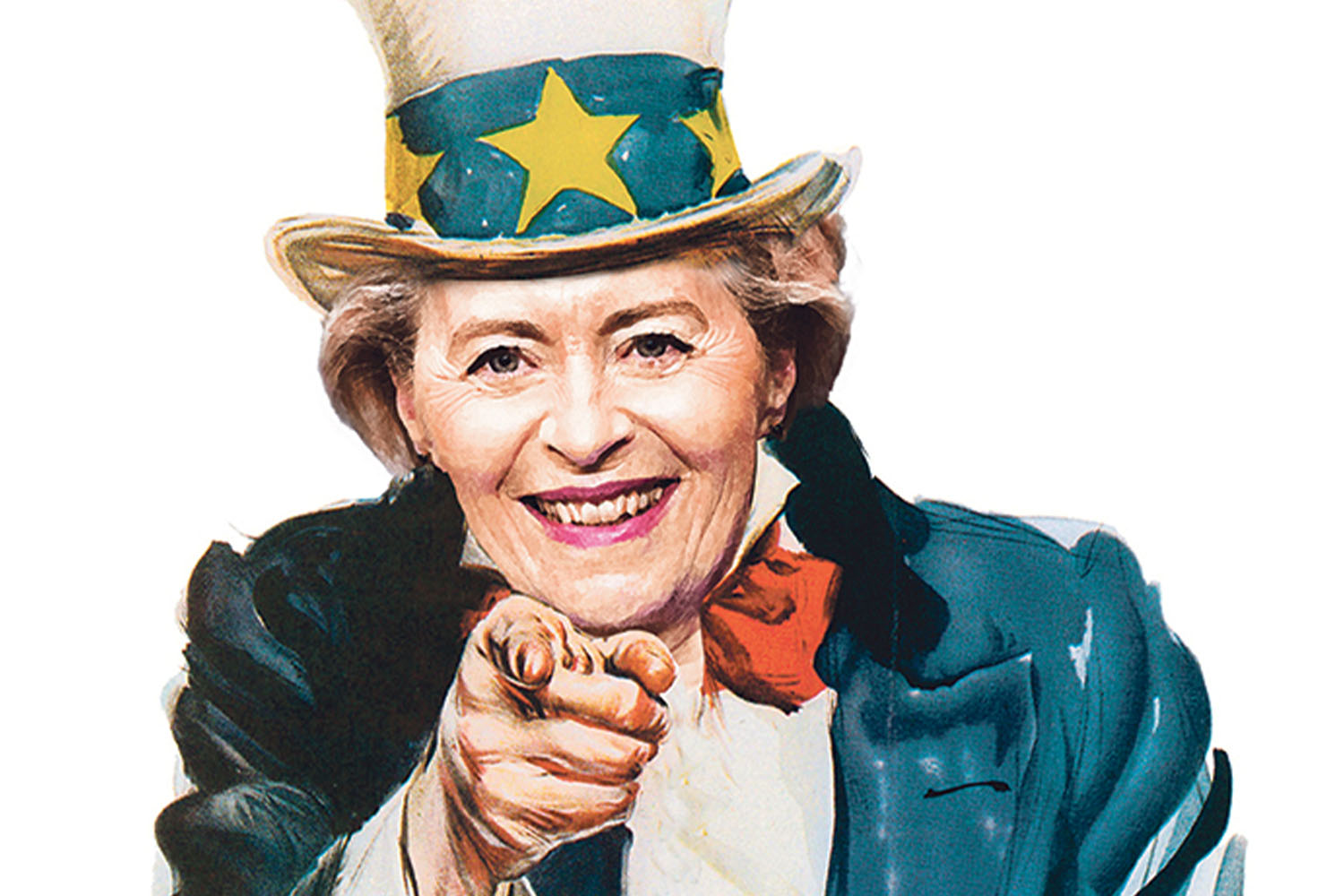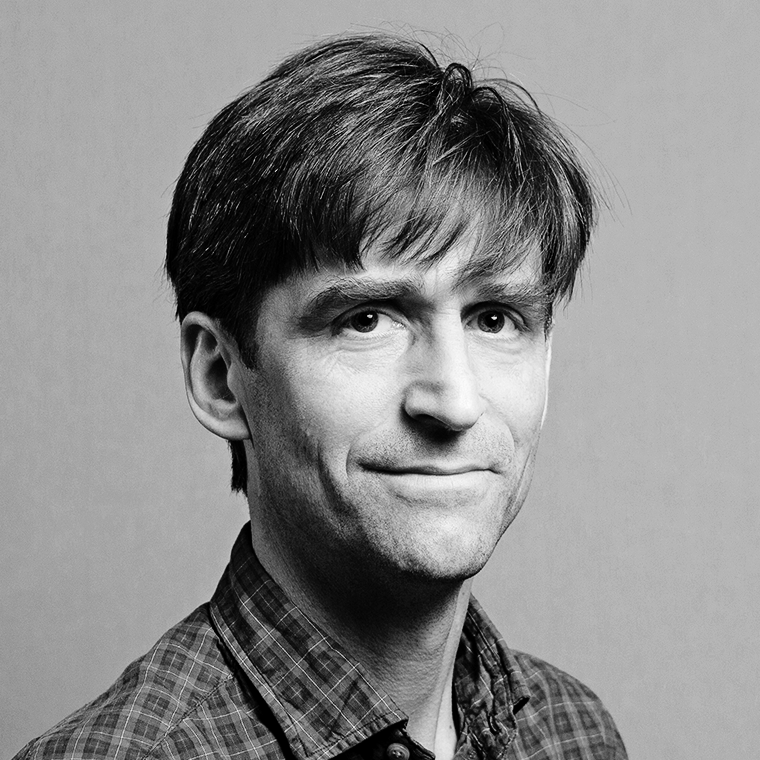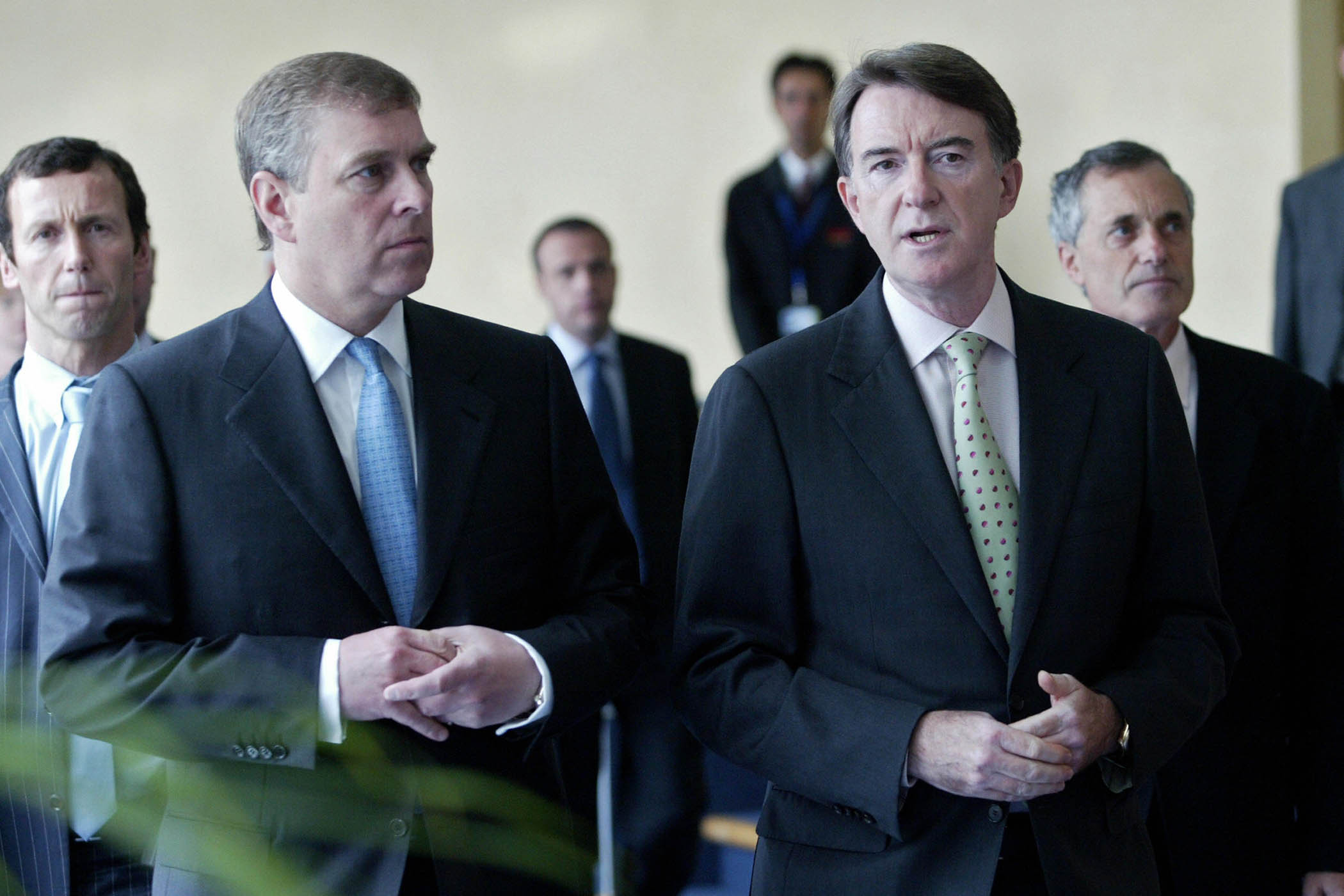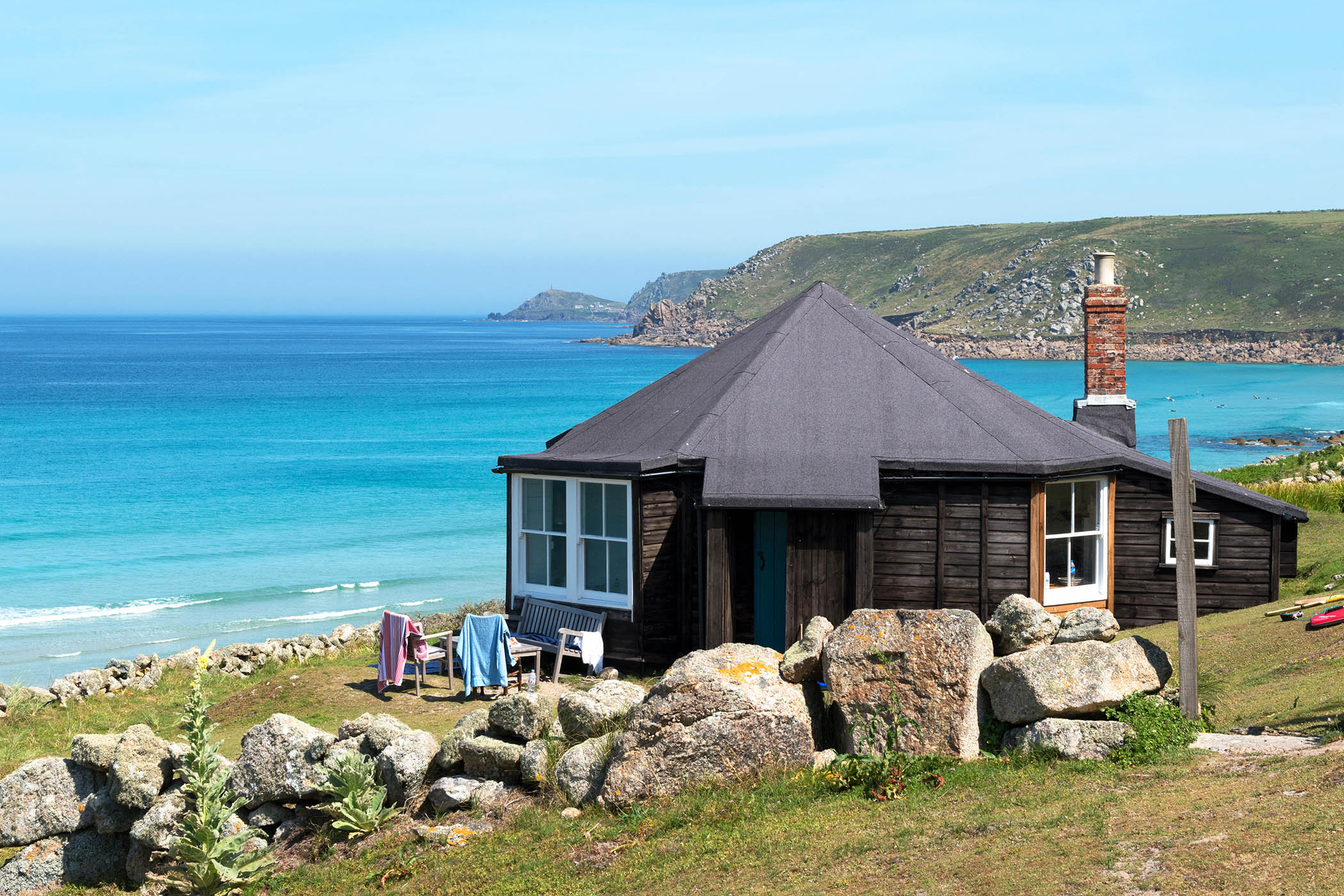The EU is changing. Member states are reasserting themselves and power is shifting from the Commission to the Council. That boosts the influence of Council president Antonio Costa and especially of Donald Tusk, prime minister of Poland, which holds the rotating presidency of the Council of the European Union. If there is to be an EU-UK defence pact, Tusk will have sign-off.
The people sitting across the table from Team Starmer in talks on a British reset are worried – about Russia’s land war on Europe's eastern flank, America’s contempt for Europe to the west, and British plans for a “coalition of the willing” to help Ukraine in the middle.
“There’s no political end state [for Ukraine], so it’s hard to build a military plan,” a spokesperson for the European External Action Service, the diplomatic service of the EU, explains. “If you lose 20 British soldiers in western Ukraine to an errant Russian missile, what do you do? Complain loudly? They’ll just send another one.”
The problem is especially acute if the US starts withdrawing forces from Europe as Trump has indicated he will. “There is nothing in the Nato treaty that says he has to have 100,000 troops here,” the spokesperson says. “There’s no Nato plan without America, [and] the US could just not show up for World War Three.”
For the UK, this existential fear at the heart of Europe is an opportunity. Britain’s armed forces and intelligence services, though eaten away by cuts, are admired on the continent. Senior EU officials say a security and defence pact with the UK could be a way back to the closer post-Brexit relationship Keir Starmer wants and both sides need. “Defence is the UK’s card,” a European Commission source says. “And Starmer has played it well.”
A defence pact may yet be signed at a crunch EU-UK summit on 19 May, but getting there has not been easy. Talks about talks have been complicated by Britain’s inability to say what it wants; by lingering European mistrust after the trauma of Brexit; and by a “scandalous” argument about fish.
Earlier this month a group of 27 European ambassadors met in the vast glass-fronted home of the European Council across the roundabout from the headquarters of the EEAS. The question of whether to green-light formal negotiations on an EU-UK security and defence pact was high on their agenda.
A ‘yes’ from the ambassadors would be a step towards a more muscular Europe when Europe needs all the muscle it can get. For Starmer, it would be a promising sign for his bid to reset UK-EU relations without upsetting too many Brexiters.
A ‘no’ would mean less time to prepare for next month’s summit, and more risk that the summit would be a bust.
It was a no. “There was no mandate for any formal agreement,” a Council spokesperson confirmed. “It was just the first preliminary discussion on the summit.”
Newsletters
Choose the newsletters you want to receive
View more
For information about how The Observer protects your data, read our Privacy Policy
Whatever happens on 19 May, it will be a critical test of the EU’s willingness to revisit its most difficult relationship; and of Starmer’s priorities. What matters more to him – growth through trade with Europe or the continued support of the “hero voters” who backed Leave in 2016 and Labour eight years later? The UK government is operating on the assumption that it can’t have both.
Starmer is sticking to his red lines: no return to the single market, customs union or free movement.
The EU is sticking to the agreements its mandarins thrashed out with successive Conservative leaders, remembered in Brussels with ill-disguised contempt. The least painful of these agreements was the last, the 2023 Windsor Framework. “We like Windsor,” says a Commission spokesperson. “The mood music is very good, [but] we are approaching the summit in a cautious way.”
The result could be a deal that gives British defence firms access to €150 billion in joint procurement funds. Or it could be as anti-climactic as a joint statement on the contribution Britain can make to European security and the need for a smoother trading relationship. The question is whether any of this rises to the challenge of the times.
As Brussels insiders talk about mood music, Russia has continued to hit Ukrainian apartment buildings with ballistic missiles. Donald Trump has returned to blaming Ukraine for Russia’s war. His scorn for Europe is fuelling a systematic effort to divide and conquer; to pick off EU member states one by one with tariff shakedowns and bilateral trade deals.
Europe finds itself in “quite a different world from six months ago”, a veteran trade negotiator says, pleading for more ambition from the EU on the reset. It’s a world in which, as the former Italian prime minister Enrico Letta puts it, “there are many people with the power simply to ‘switch off’ Europe – people in technology, people in finance, people in satellites.”
Letta is referring to Elon Musk’s attempt to blackmail Ukraine by threatening to cut off its access to his Starlink network two months ago. His broader view – that Europe as a whole is suddenly and acutely vulnerable to nuclear-armed autocracies in the east and an illiberal tech superpower in the west – is widely shared, including in London.
Nick Thomas-Symonds, the Cabinet Office minister in charge of EU relations, confirmed in a speech last month that Labour respects the 2016 referendum and everything that has followed. But, he said, “this global moment requires us to go further”.
That leaves a long way to go, even in the informal talks that have to precede formal ones on a defence pact.
First, Britain and France have to resolve their long-running dispute over access to UK fishing waters – a dispute France has insisted on linking to defence even as other EU members accuse it of holding the bloc’s security to ransom over sand eels and cod.
It doesn’t help that many senior European negotiators are still scarred by Brexit. “When you get into the weeds of the relationship a lot of people are still fighting the last war,” says Sir Julian King, the last British European commissioner. “It’s still Boris Johnson’s Brexit.”
If a mediator is needed, Enrico Letta is offering his services. The former prime minister and author of an influential report on the EU single market uses an interview with the Observer to suggest that one of the report’s recommendations – for a “common security market” – could form the basis of a new EU-UK compact. He uses the word “common” rather than “single”, he says, “to avoid misunderstandings on both sides”. “Security”, he says, is a flexible word encompassing autonomy in finance and tech as well as weapons. And the market is the European market to which Britain needs access and to which its defence sector could lead the way.
“We can’t continue spending European taxpayers’ money to create jobs in Pennsylvania and Anatolia,” Letta says. “We have to continue helping Ukraine, but at the same time we have to reorganise our supply chains to grow European jobs.”
Nick Clegg, the former MEP and deputy UK prime minister, writes in Sunday's newspaper about what he considers the EU’s three most urgent priorities: to fast-track Ukrainian membership; expel Hungary and Slovakia if they continue to operate as “cheerleaders” for Moscow; and focus its remaining energies on defence, energy and innovation.
These two visions of Europe’s future have much in common, starting with two imperatives – let the past go, and seize the day.
“If I was a British minister I’d be doing quite a lot of trips to Warsaw,” says Heather Grabbe of the Breugel think tank. Rachel Reeves appears to have got the message. So has Thomas-Symonds, who visited Poland’s border with Belarus this month as part of his work to “strengthen the UK’s strategic alliance with the EU”.
The next three weeks will shape that alliance. Peter Bell of the British Chamber of Commerce in Brussels hopes at the very least it will give the UK and its defence sector a role in joint European defence procurement for the sake of Ukraine. “Ukraine is the issue that needs to be dealt with now, not after two to three years agreeing stuff,” he says. On broader trade issues, he sees “a struggle ahead”.
Others share that fear – of progress on defence and security but a wasted opportunity to use that as an on-ramp to the bold trade reset the times demand. “This is about what the UK wants,” says Louisa Santos, chair of BusinessEurope’s EU-UK taskforce. “Only defence and security? Does it want to go further or not? I don’t expect the EU to move an inch until it knows what the UK wants, and we don’t know.”
On the east-facing wall of Ursula von der Leyen’s Berlaymont building she has plastered the motto of her second term in office – “United for our future” – on a banner eleven storeys high. There is a version of that unity that would alarm Vladimir Putin and might even impress the isolationists in Washington. In this version the EU and the UK are aligned on trade, united against Russia and armed to the teeth. But it’s years away, and Europe doesn’t have that long.



